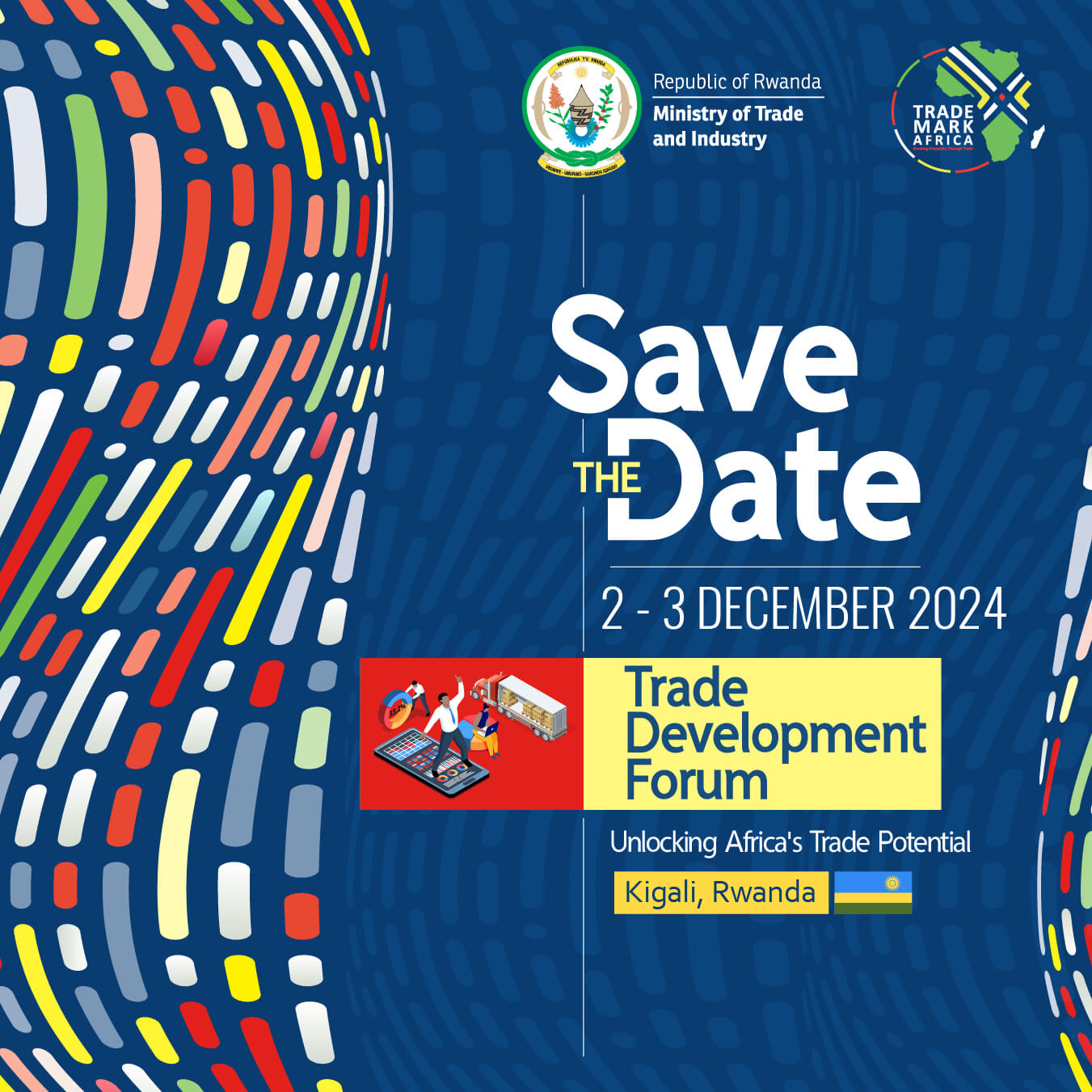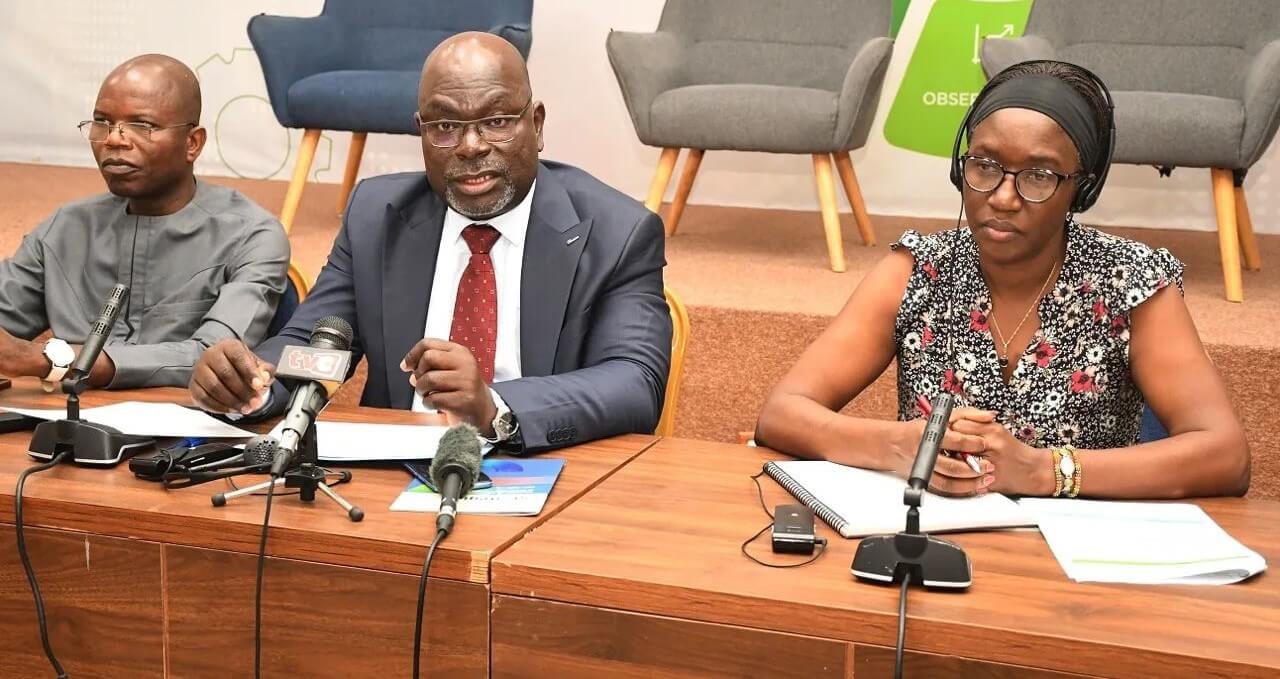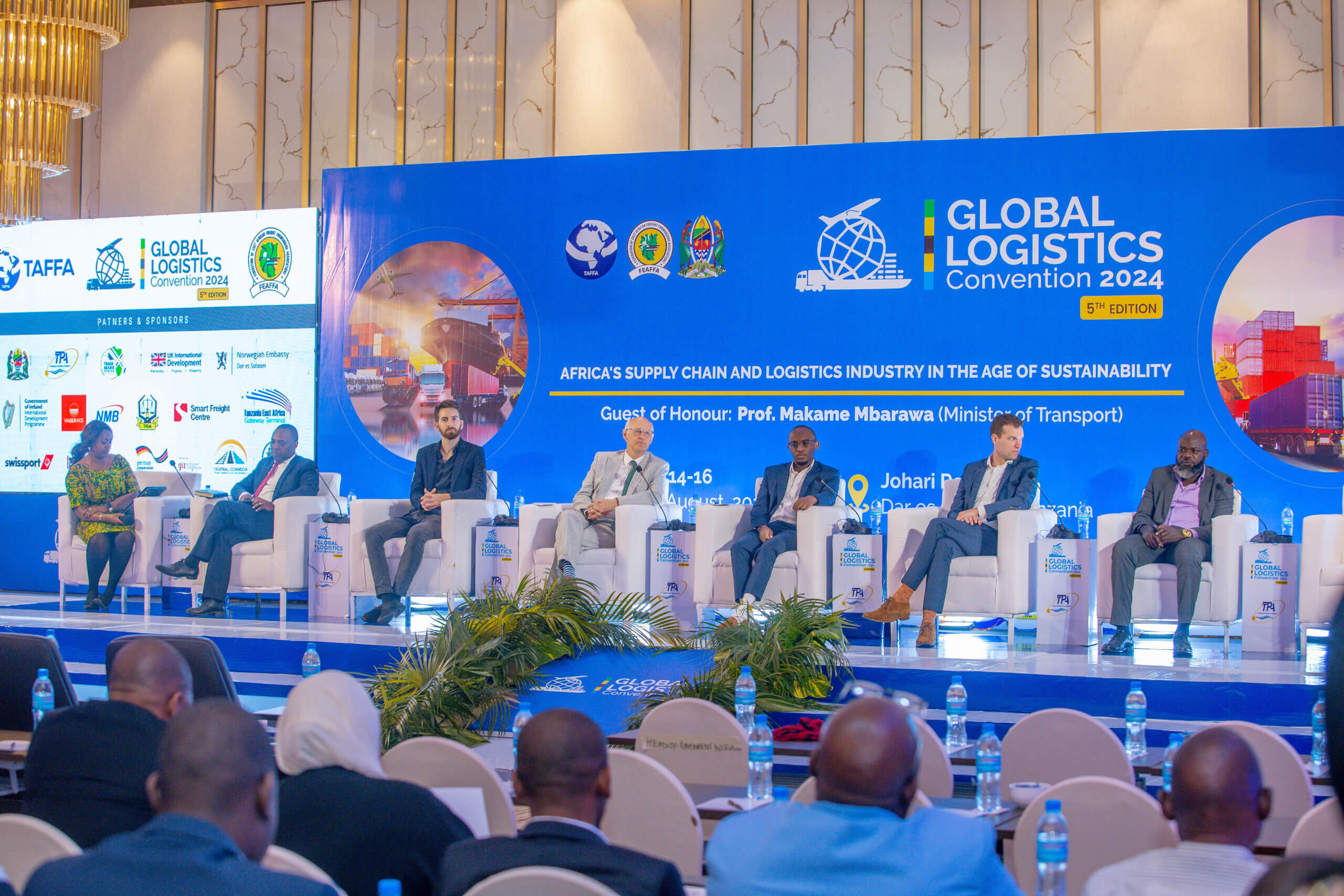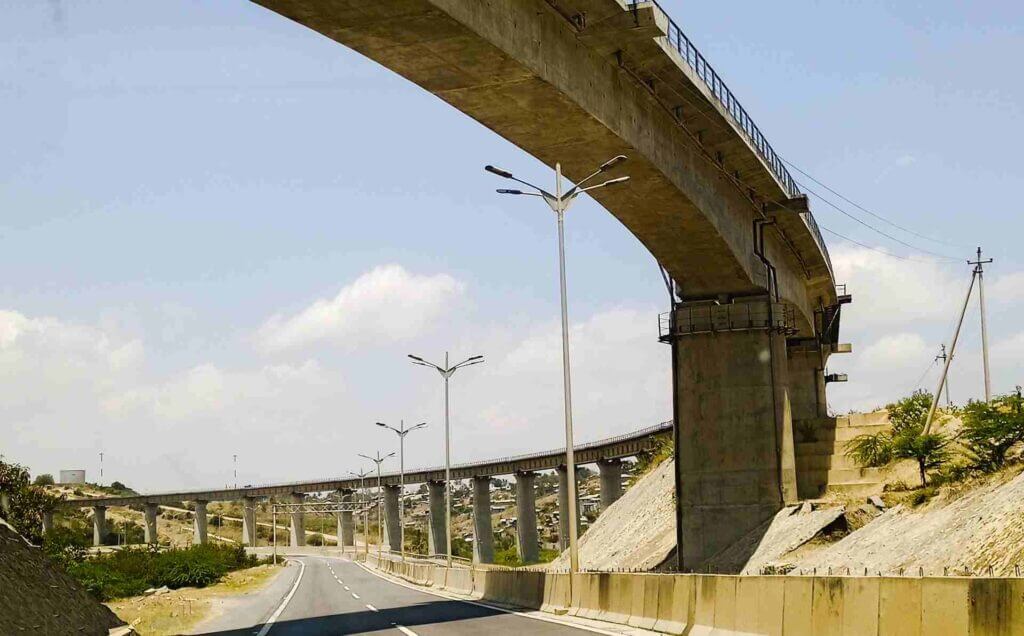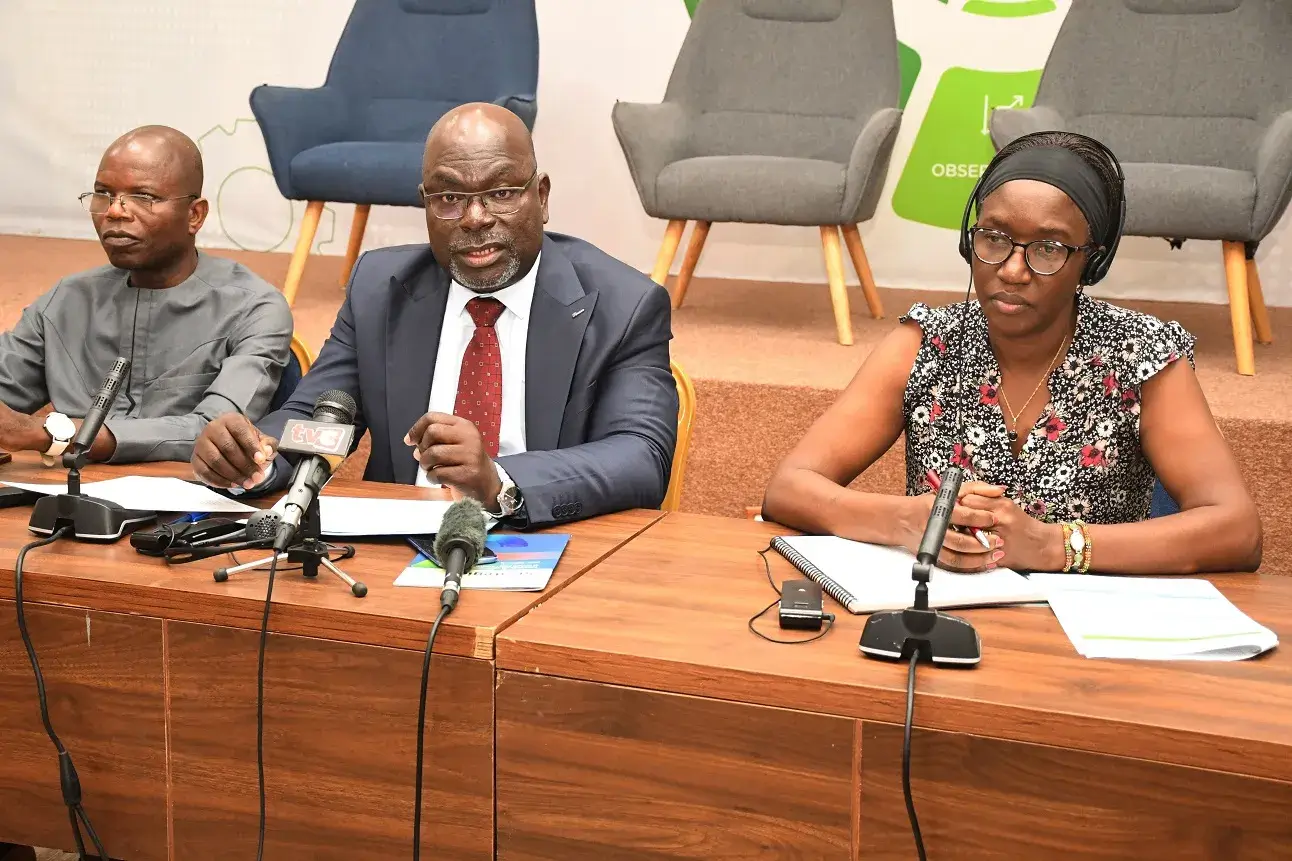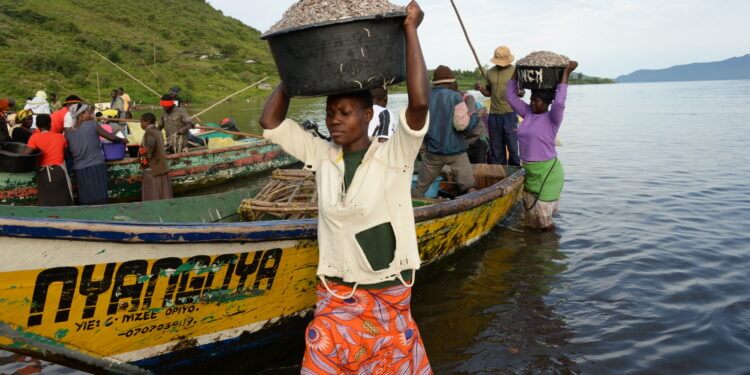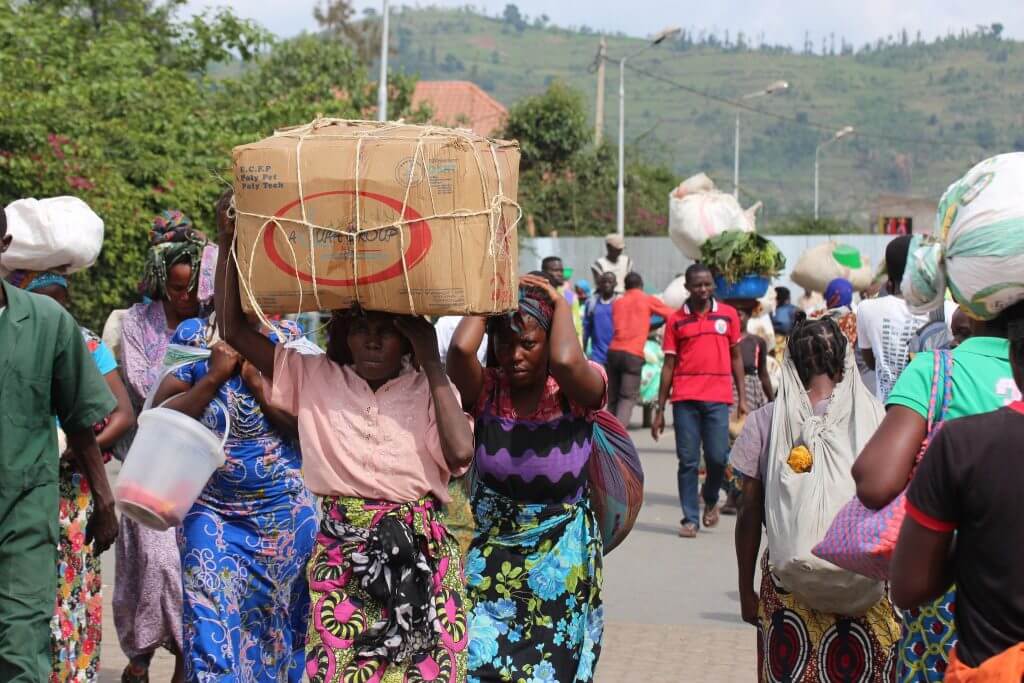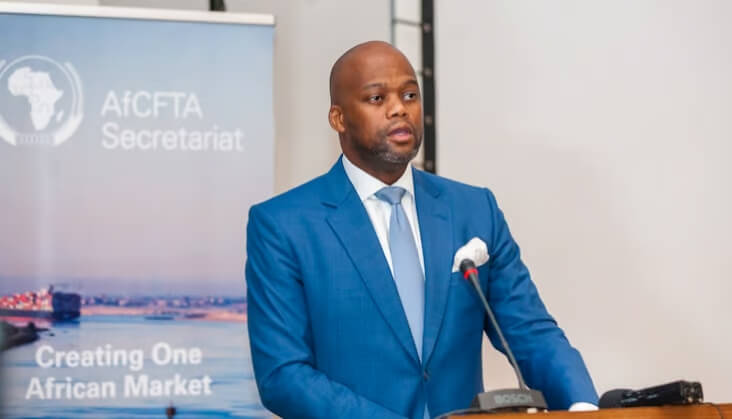The lack of agreement among East African Community (EAC) countries on revenue collection processes is among the reasons for the slow growth of trade in the region. Kenya’s apex private sector body has detailed how discordance among EAC countries holds back entrepreneurs in the region, particularly exporters and importers as respective jurisdictions impose different levies on the same products. Kenya Private Sector Alliance (Kepsa) has also noted the lack of harmonised standards and compliance across the region as another barrier to trade. Kepsa Chief Executive Carole Kariuki said products that comply with regulations in one member state may face challenges in another even when they originate from the same jurisdiction. “For example, the packaging standards for bulk detergents differ between Tanzania and Kenya, causing complications for traders who operate in both markets. Inconsistent application of standards and arbitrary enforcement by border officials further complicates the situation,” said Ms Kariuki. She proposed the EAC develop a centralised digital registry where products can be pre-approved and endorsed for compliance across all member states. This system, she added, should provide a unique reference ID that can be used to track and verify product compliance at any point in the trading process. “This would not only streamline cross-border trade but also build trust among businesses and regulators,” said Ms Kariuki. While addressing the business community and policy leaders at a roundtable attended by EAC Secretary General Veronica Nduva last week, the Kepsa boss singled out alignment and integration of the revenue collection processes as...
Align tax regimes and standards to spur regional trade, EAC states told
Posted on: August 23, 2024
Posted on: August 23, 2024


